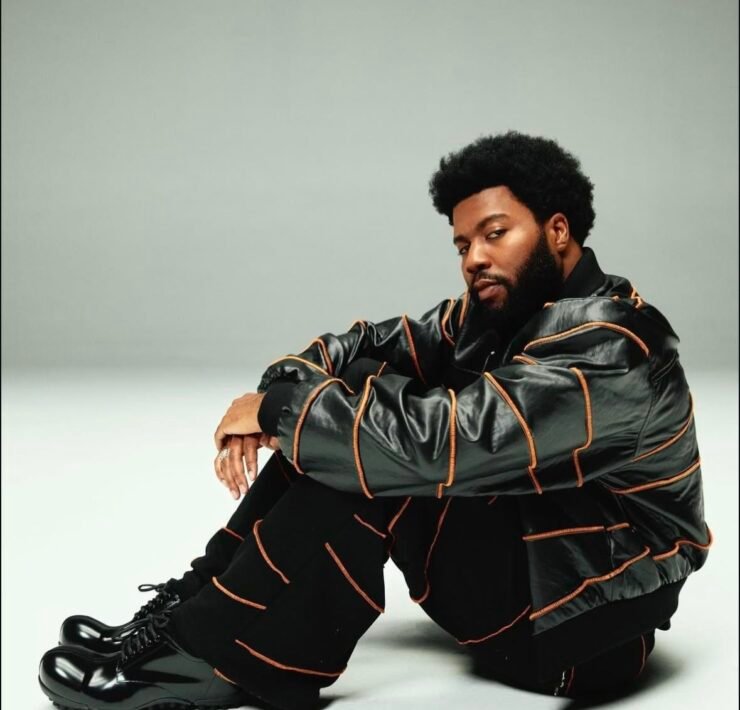Miss America’s First Out Contestant – Is This Really Progress?

Erin O’Flaherty made headlines in June when she became the first openly gay woman to be crowned Miss Missouri. Even though she didn’t win Miss America (it went to Savvy Shields, Miss Arkansas), she did garner a lot of media attention. While news outlets are celebrating the new “diversity” of the pageant and speculating about a lesbian Miss America, we have to ask:
Would a queer Miss America really be progress?
Looking at O’Flaherty, it really isn’t surprising that her media coverage has been positive. She is a wealthy, cisgender white woman who doesn’t want her sexuality to be the cornerstone of her identity. While her feelings are certainly legitimate – everyone has intersectional identities, and no one should be judged on just one aspect of their personality – they don’t negate the fact that she is privileged enough that she doesn’t have to focus on her sexuality.
As an upper-class woman with a supportive family, she was able to come out without risking violence, homelessness, or a lack of resources. O’Flaherty even said that she wished her coming out would have been harder. That comes off very strongly as someone with privilege romanticizing other people’s suffering, and it doesn’t sit right with me.
I’m not trying to paint O’Flaherty as a bad person; I admire her for her work with the Trevor Project, an organization that combats queer youth suicide, and her positive visibility as a role model for young gay women. But the only reason that she is a public figure is because non-queer people can feel comfortable with her, and respect her.
Respectability politics have harmed queer groups at every turn.
O’Flaherty is a pretty, young, and a career pageant contestant who golfs in heels at her country club and loves Starbucks: she does not represent the majority of queer voices, and we can’t expect her to.
The Miss America Pageant has gone through a lot of rebranding in recent years and is trying to move away from the stereotypes of beauty pageants and towards an image of inclusive, diverse womanhood. But contestants are still judged on their appearance; it’s 2016 and they’re still assigning scores for how hot contestants look in a bathing suit. This isn’t progress. And having a queer Miss America – or even a queer Miss America contestant – isn’t either.










